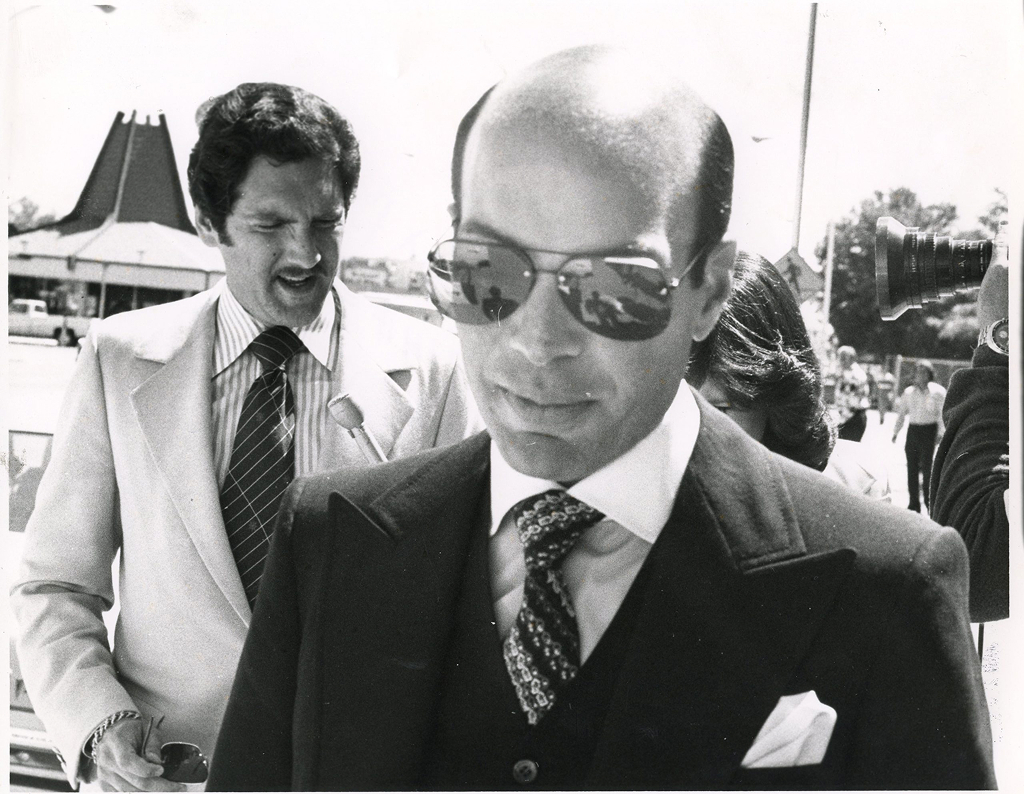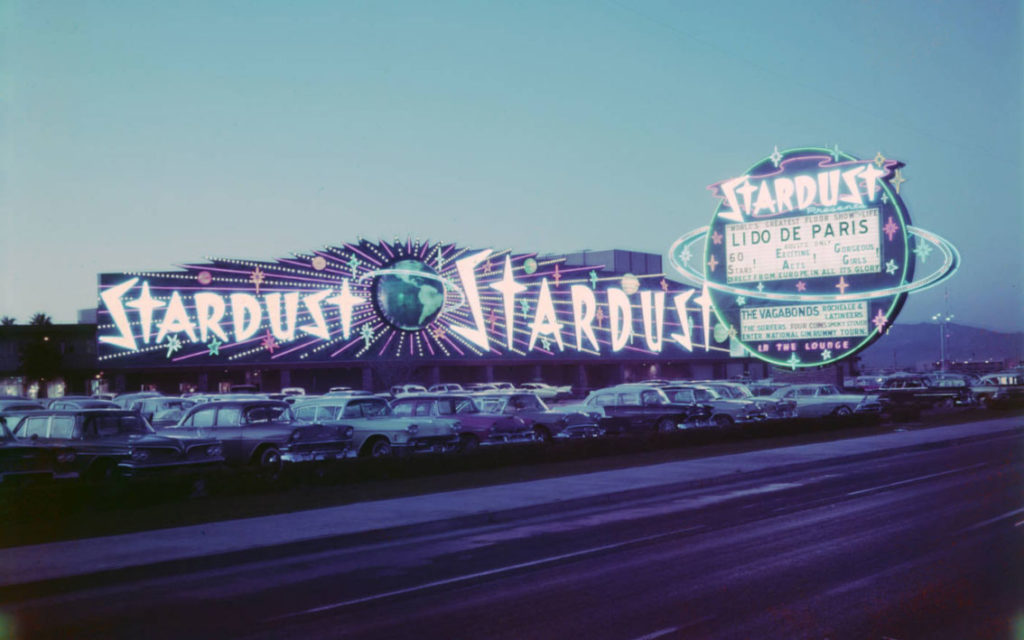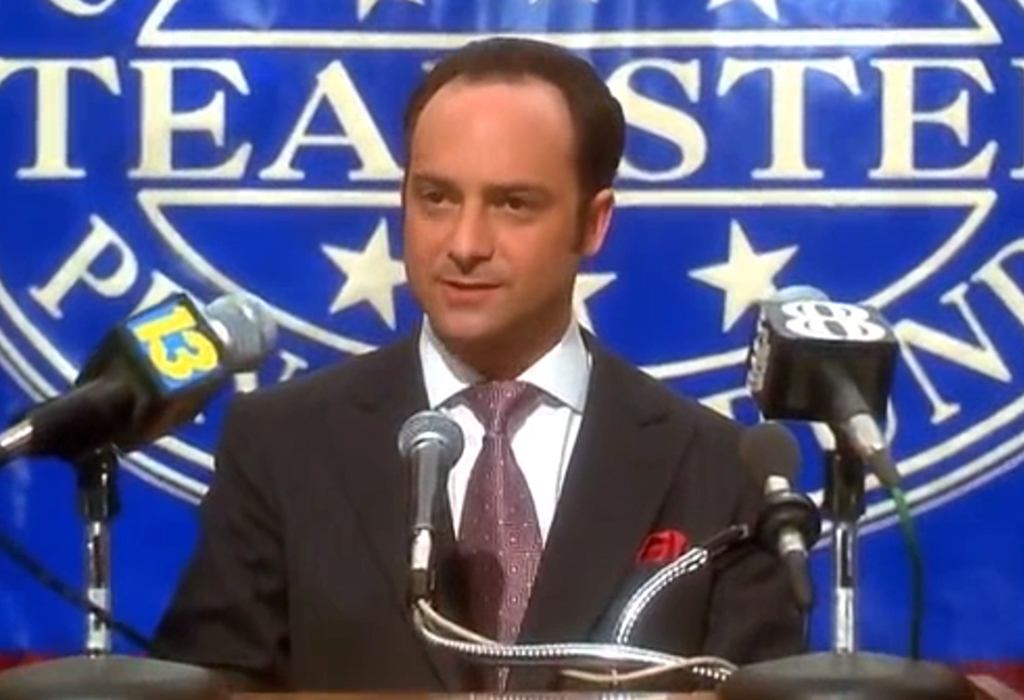Allen Glick: From Vegas Tycoon to Mob Informant
Last modified: 24 July 2025, 09:46
Allen Glick was once hailed as a rising star in the Las Vegas casino world. His reputation collapsed when investigators uncovered his links to organized crime. The scandal later inspired the movie Casino, directed by Martin Scorsese and starring Robert De Niro, Kevin Pollak, and Joe Pesci.
If you don’t know Allen Glick or his life story, here is a quick look at how he went from decorated war veteran and casino tycoon to a key witness in one of the biggest mob investigations in U.S. history.

Vegas Power Player with Military Roots
Allen Glick was born in Pittsburgh in 1942. He earned his law degree from Case Western Reserve School of Law and was admitted to both the Pennsylvania and California bars. He served in the U.S. military during the Vietnam War. For his service, he received the Bronze Star, three Combat Air Medals, and the Vietnamese Medal of Honor. A proud Vietnam veteran, he moved to San Diego after his discharge and worked for the American Housing Guild and Saratoga Land Development Company.
In 1972, using a $2.3 million loan, Glick bought into the Hacienda Hotel Casino, eventually acquiring a Nevada casino license. He acquired the Stardust and Fremont casinos through the Recrion Corporation, which was later renamed Argent Corporation. This brought his total number of casino properties to four. At the time, only Howard Hughes had a larger portfolio on the Vegas Strip.
His ventures set the tone for what would later be seen in modern operators like Merkur Slot, who focus on brand expansion.

Behind the Glamour
Glick was praised for transforming sports betting by launching an elaborate sportsbook at the Stardust, where Siegfried & Roy rose to fame. Behind the scenes, however, the operation was far from clean. Unknown to the public, Glick had entered a shady deal with Milwaukee mob boss Frank Balistrieri, whom he met through John Joseph, the mobster’s son.
Frank Balistrieri helped Allen Glick obtain a $62.75 million loan from the Teamsters pension fund to buy Las Vegas casinos. In exchange, Glick made a secret deal allowing Balistrieri’s sons to purchase his company, Argent Corporation, for only $25,000—despite it being worth millions.
In 1974, Glick appointed Frank Lefty Rosenthal as his executive assistant. But in reality, Rosenthal, not Glick, was calling the shots. He secretly funneled $7 million skimmed from slot machines to crime families in Kansas City, Milwaukee, Chicago, and Cleveland. Nevada investigators later found that Argent’s casinos quietly skimmed money between 1974 and 1976.
These practices highlighted how unchecked ambition and compulsive gambling behaviours can lead to dangerous financial and legal outcomes.
Fallout and Cooperation with the Feds
In 1978, federal agents executed 83 search warrants in a series of raids centered on Argent Corporation. By 1979, the Nevada Gaming Control Board confirmed the illegal skimming, and Glick lost his license. He sold off his Las Vegas holdings in 1980 after mobsters threatened to kill his children if he didn’t comply.
According to reports, the government defended Glick in court, portraying him as an underworld secretly responsible figure, caught in circumstances beyond his control. He was never criminally charged in the case. However, he became a key witness, testifying before two federal grand juries about the corrupt Teamster pension fund scheme. His testimony helped send multiple mob bosses to federal prison terms in 1986.
Glick’s fall also underscores the importance of emotional regulation in high-stress industries like gambling. This is especially true for individuals involved with non-Gamstop casinos, where poor decisions made under pressure or out of fear can have consequences lasting decades..
Life After Vegas
After leaving casino operations, Glick returned to San Diego, where he lived a quiet life with his wife Kathy. The man who once dreamed of dominating the hotel casinos industry now preferred privacy. His obituary made no mention of his mob connections or any criminal allegations. It also left out his reported link to the infamous death of Tamara Rand, who was allegedly involved in a loan dispute with Glick. Rand was later murdered under mysterious circumstances, in what became known as San Diego’s bloodiest unsolved case. Interestingly, later in life Glick was seen attending charity events, perhaps in an attempt to rehabilitate his public image.
Allen Glick died on August 2. He is survived by his wife, Kathy, his sons, Todd and Cary, and his grandsons, Aaron and Adam. His legacy is still debated today. Some view him as a visionary who shaped modern Las Vegas, while others see him as a casino owner who allowed the mob to gain a foothold in the industry.
Influence on Popular Culture
Allen Glick’s life and the mob scandal that surrounded him had a lasting impact on American pop culture.
1. The Movie “Casino”
His story was a major inspiration for Martin Scorsese’s 1995 film Casino, a cult classic that dramatized the skimming era in Las Vegas. Actor Kevin Pollak portrayed a character named Philip Green, based directly on Glick. The film also featured Robert De Niro as Sam “Ace” Rothstein (based on Frank Lefty Rosenthal) and Joe Pesci as mob enforcer Nicky Santoro (based on Tony Spilotro).

The movie Casino exposed how the mob operated in Las Vegas during the 1970s. It showed how seemingly clean businessmen like Allen Glick were used to hide the mob’s control over major casinos. The film made the hidden criminal ties behind the city’s glitz clear to a wide audience.
It also indirectly pointed to societal blind spots — such as failing to spot early signs of gambling addiction — that allowed corruption to flourish under the guise of entertainment.
2. Mob Museums and True Crime Media
Glick’s involvement is now referenced in exhibitions at the Mob Museum in Las Vegas, as well as in countless true crime podcasts, books, and documentaries. He is frequently mentioned in discussions about how the mob infiltrated corporate America using pension funds, political connections, and clean-looking figureheads like Glick.
3. Symbol of a Dual Life
Culturally, Allen Glick became a symbol of the “double life” that characterized much of the Las Vegas boom era. On the surface, he was a war hero, proud Vietnam veteran, law graduate, and respectable businessman. But behind the scenes, he was deeply entangledin one of the most notorious mob schemes of the 20th century — a cautionary tale for those who underestimate the dangers of unchecked ambition, external pressure, and unresolved gambling problem.
Recent posts
- What Gambling Addiction Really Looks Like
- UK Gambling Operator Fined for Failing to Protect Vulnerable Player
- Signs of Gambling Addiction
- How to Help Someone with a Gambling Addiction
- How Charity Events Can Help People with Gambling Disorder
- Is Gambling a Mental Illness?
- Compulsive Gambling and the Domino Effect

